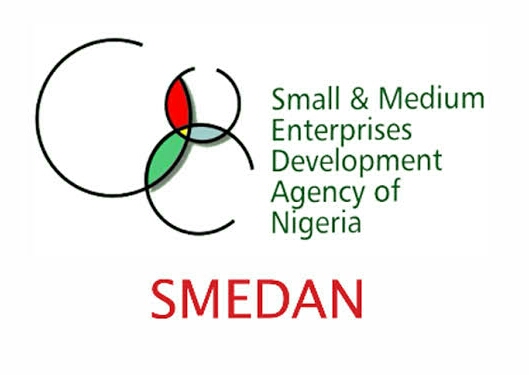Expert Seeks Opportunity For Technocrats As Nigeria Loses IMO Council Seat—Capt. Warredi Enisuoh, former director at the Nigerian Maritime Administration and Safety Agency (NIMASA), said technocrats should be given an opportunity for Nigeria’s seat at the International Maritime Organisation (IMO) council.
Enisuoh made the call in an interview with the News Agency of Nigeria (NAN) on Saturday in Lagos while reacting to the country’s lost of IMO council seat for the fifth time on Dec. 10.
NAN reports that Nigeria had lost consecutively in 2009, 2011, and 2017 and 2019.

NAN reports that Nigeria lost its bid for election into Category ‘C’ of the IMO on Dec. 10, after years of futile efforts to rejoin the elitist group of maritime nations.
The new members of Category ‘C’ are Bahamas, Belgium, Chile, Cyprus, Denmark, Egypt, Indonesia, Jamaica, Kenya, Malaysia, Malta, Mexico, Morocco, the Philippines, Qatar, Saudi Arabia, Singapore, Thailand, Turkey and Vanuatu.
Joining Nigeria as losers are: South Africa, Kuwait and Peru. The new entrants are: Vanatu, Qatar and Saudi Arabia
Winners in Category ‘A’ are China, Greece, Italy, Japan, Norway, Panama, the Republic of Korea, the Russian Federation, the United Kingdom and the United States.
Winners in Category ‘B’ are: Australia, Brazil, Canada, France, Germany, India, the Netherlands, Spain, Sweden and the United Arab Emirates.
According to Enisuoh, the problem of third world countries and why they lose seats at IMO council, is that they keep sending different people to represent them, people that are not technical inclined.
“More often, they see these meetings as a way to reward loyalists. And the danger of sending them is that during the meeting, they will not be able to grasp technical issues discussed and thus no contribution.
“But for developed countries, they are very consistent in the use of professionals and so we need a change in Nigeria,” he said.
He added that one of the gaps in 2009 was that IMO clearly wrote that Nigeria lacked professionals in the maritime administration, they wrote it in black and white in 2009.
“We went out closing the gaps and that was how we started employing, and also what IMO wants to see is are you doing shipping alike, what you are supposed to do, that is the situation now.
“We need to change this culture, IMO does not work like that, they work on reports from shipping and whatever they get, they put it on record,” he said.
Enisuoh noted that there were lots of reports from ship captains about the status of our maritime sector, how they were stressed when they come to us, dangers in navigation and wrecks issues.
He pointed out that these were the things other countries use to judge us.
“These developed countries do not know any nepotism and politics,” he said.
Enisuoh added that Nigeria should also ensure compliance to the International Maritime Organisation rules and regulations.
“In July 2016, Nigeria had a compulsory IMO Audit called IMSAS and was given 90 days to come up with a corrective action plan.
“ That plan I believe was submitted within the timeline, IMO monitors how well you are following your planned corrective action, but unfortunately I am not sure Nigeria carried out what it was meant to do in the plan,” he said.
Also, Mr Eugene Nweke, former president, National Association of Government Approved Freight Forwarders (NAGAFF), said it should not be business as usual but compliance to standards.
According to him, the election under reference is not the function of a country’s sweet name and size.
“It is a function of effective administration with a commitment to investing in infrastructure and human capacity development as well as compliance levels to IMO standard regulations.
“Therefore, a situation where Nigeria has not done more in these regards, but deliberately resorts to go and gamble for a seat in the IMO is not acceptable,” he said. (NAN)








